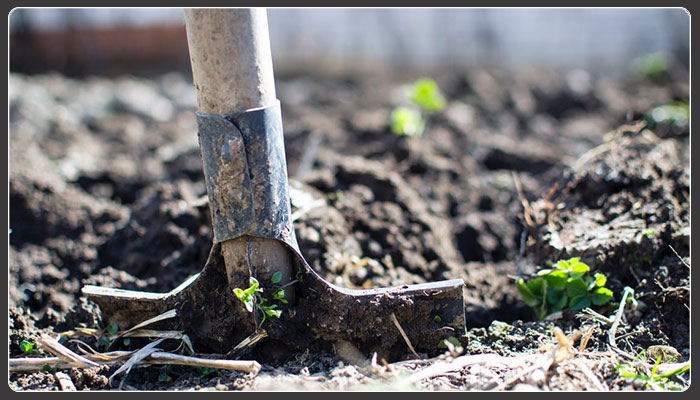Here’s how Toronto can Solve its Organic Waste Problem

A farm in Caledon, Ontario, has been using red wiggler worms to handle organic waste for the past four years. The establishment started with 500 of the hungry little guys, and today, that number has grown to a whopping 250,000.
The company, called Wastenot, collects compostable matter from businesses in Toronto and its surrounding municipalities and hands it over to the worms to create manure that gives crops all the nourishment they need. This process keeps more than 4 million tonnes of organic waste out of Ontario’s landfills annually and produces 5 lbs of manure weekly.
Fortunately, the worms love to eat and reproduce, the two most important things the farm needs to thrive as an environmentally-friendly business. One pound of worms consumes the equivalent of their body weight in food waste daily, and the entire worm population doubles about twice a year. Red wiggler worms are especially useful for dealing with food waste that’s been accidentally combined with pieces of plastic, metal, and other inorganic materials because they’ll simply leave them behind.
Instead of charging clients for bringing their organic waste to the farm, the company charges clients to have it picked up by their trucks and offers each customer one-quarter of the manure their waste produces. The farm’s clients include Bullfrog Power in central Toronto, Velcro Canada in Brampton, and a Scarborough property management corporation. Bullfrog Power has been with Wastenot the longest, set out on a mission to reduce its carbon footprint. The green bins at the company’s location are right beside a tilapia disposal unit that makes compost from the fish’s waste to grow feeding crops.
Although these earth-saving efforts are nothing to scoff at, Ontarians still have a long way to go. Each resident of the province discards around 300 kilograms of food waste annually. The provincial government declared its desire to cut back landfill waste by 60% back in 2004, which prompted the widespread implementation of green waste bins in many major cities. In terms of greenhouse gas emissions, removing 10% of the organic waste that exists in landfills today would have the same annual impact as retiring 64,000 active vehicles.
The majority of the methane produced by waste comes from the stagnation of the waste itself, but the waste collection companies that transport portions of the waste to dumps in New York and Michigan adds to the total amount of the deadly gas. Unfortunately, discarding is cheaper than composting for the many companies whose rent costs cover garbage collection but not compost.
The good news is, many businesses are seeing the value in composting. Not only does it keep organic waste out of landfills, but it also reduces the cost of garbage charged by weight and eliminates the odour they typically have. With the banning of food waste from landfills soon to be put into place, Ontario businesses will be forced to follow suit. It won’t be long before the composting industry expands beyond previous recognition and paves the way for a cleaner, brighter future.


